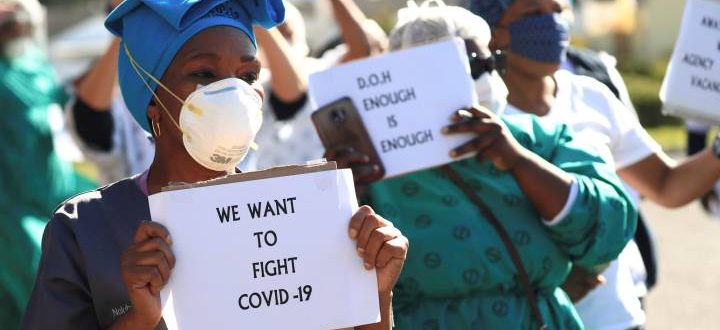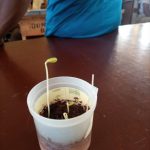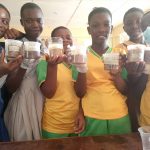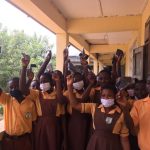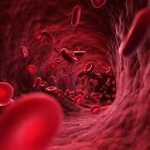THE GLOBAL RACE TOWARDS A CORONAVIRUS CURE
Severe Acute Respiratory Syndrome CoronaVirus 2 (SARS COV-2), known to cause the novel CoronaVirus disease (COVID-19), has taken the globe by storm. Never in modern history has humanity suffered such a widespread disruption in their livelihood. At the time of writing this piece, the World Health Organization (WHO) had recorded over 18.35 million reported cases and 696,147 deaths in 216 countries and territories. The pandemic has made global leaders rethink the developmental needs of their countries, as more attention has been given to the development and strengthening of healthcare systems. Also, it has reinforced the need for people to be concerned about the health needs of others, as just one infected individual, if ignored, is enough to bring a whole community, if not a country down.
Scientists have come to the unanimous realisation that, information around the CoronaVirus keeps changing very fast and each passing day comes with the learning of new variations of facts surrounding the virus. This situation, on one hand, has made it challenging to settle on outcomes of researches and clinical tests, hence making conclusive deductions difficult. On the other hand, the emergence of latest information about the virus is ideal to broaden the knowledge base, to help settle perceptions and myths over the virus and disease.
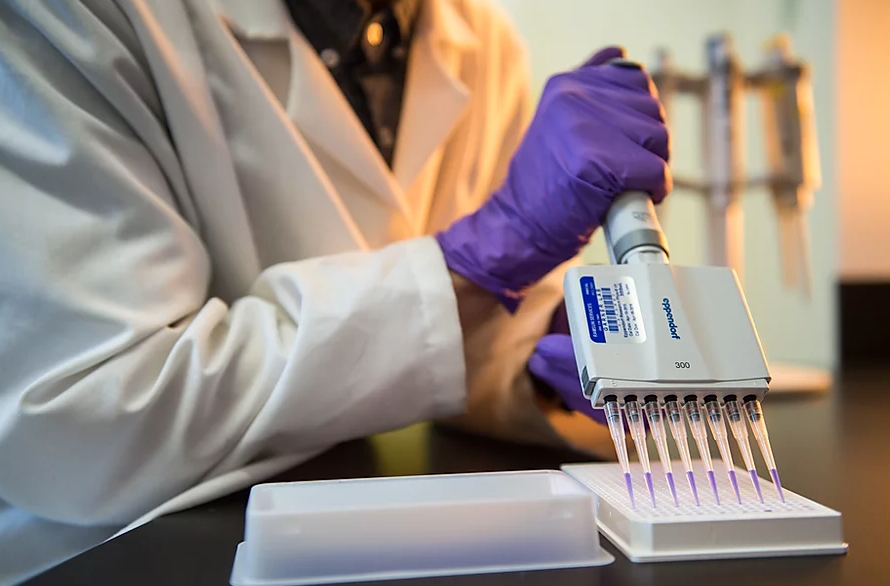
For some time now, the anti-malaria medication, Hydroxychloroquine has been the bone of contention as an ideal medication for the cure and/or prevention of the disease. The attention on this medication reached its crescendo when the United States President and the FDA endorsed the administration of Hydroxychloroquine for use by COVID-19 patients in USA. But after sometime of its promotion, the FDA released the statement that; “Based on ongoing analysis and emerging scientific data, FDA has revoked the emergency use authorization (EUA) to use Hydroxychloroquine and Chloroquine to treat COVID-19 in certain hospitalized patients when a clinical trial is unavailable or participation is not feasible. We made this determination based on recent results from a large, randomized clinical trial in hospitalized patients that found these medicines showed no benefit for decreasing the likelihood of death or speeding recovery” The FDA statement added that “This outcome was consistent with other new data, including those showing the suggested dosing for these medicines are unlikely to kill or inhibit the virus that causes COVID-19”.
It must be noted that, although Chloroquine has the potential to slow down viral replication, it’s unable to get rid of the viruses. This situation makes the existing virus unable to overpower the immune system, multiply and enter the bloodstream. As the virus is too weak to enter the blood, the attack on multiple organs cannot take place. The slowing down of the viral load enables the immune system to recognize the virus and use killer cells in the white blood cells to destroy it.
If administered with Zinc, the two augment each other. Vitamin C increases the ability of zinc to enter the cell and slow down viral replication. Therefore, this catalytic action is the enabler for effectiveness of Zinc. Vitamin D is known for stimulating the immune system. Although this information is notable for most viruses, till date, no clinical data has shown this to be consistent with SARS-COV 2, giving the inference that, although initial tests may have shown some positivity in using Hydroxychloroquine and Chloroquine, the changing nature of the virus may have gotten the medication to lose that potency.
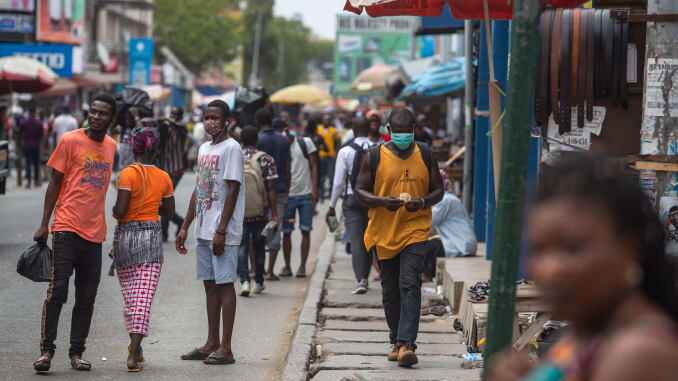
Not long ago, Madagascar released a potion meant for the cure of the disease but recent spike in infected cases and deaths in their country have led to the government calling for international assistance in the combat of the disease. World Health Organization (WHO) did not endorse the use of the potion for the purpose for which it was claimed. Tests of the potion by scientists in Nigerian have also come out negative for the cure of COVID-19.
So contrary to popular perceptions, from information available to date, no curative or preventive medication has been found to address the COVID-19 disease. At the moment, there are over 100 vaccine candidates at different stages of development leading to an unprecedented race among scientists for the development of a COVID-19 vaccine.
In conclusion, it is very important to be very careful in our quest to support anyone who claims to have a cure for COVID-19 especially when randomised clinical trials has not been undertaken by a competent research body such as WHO. There is a desperate search for a vaccine currently and until we find a product that has the global consensus for prevention or a cure, we should practice all the safety protocols such as washing our hands often, usage of hand sanitizer, healthy living and exercising, wearing our masks and social distancing. These are what currently are known to help prevent catching the virus.
Written by: Saviour Okine
Programs Manager
